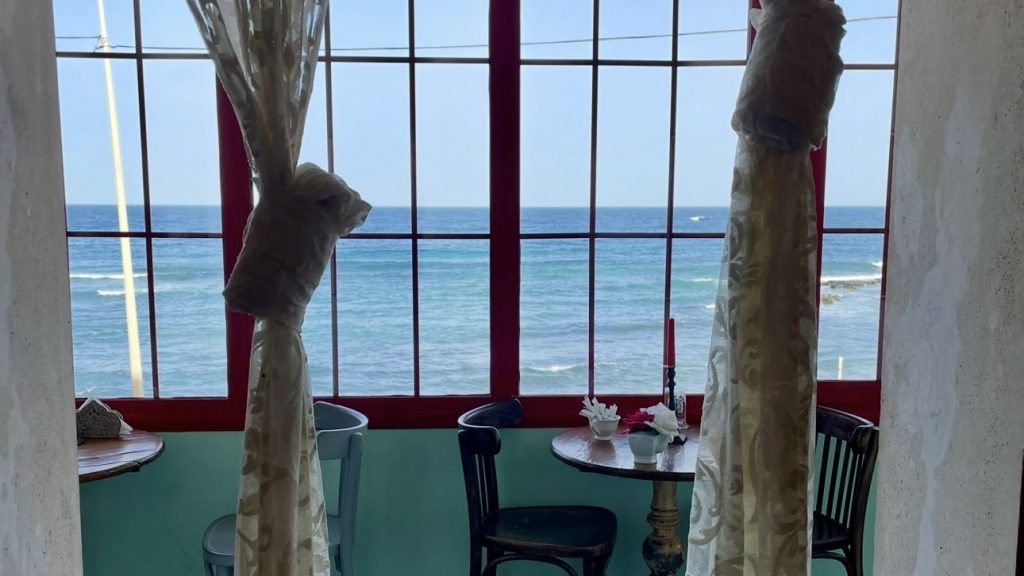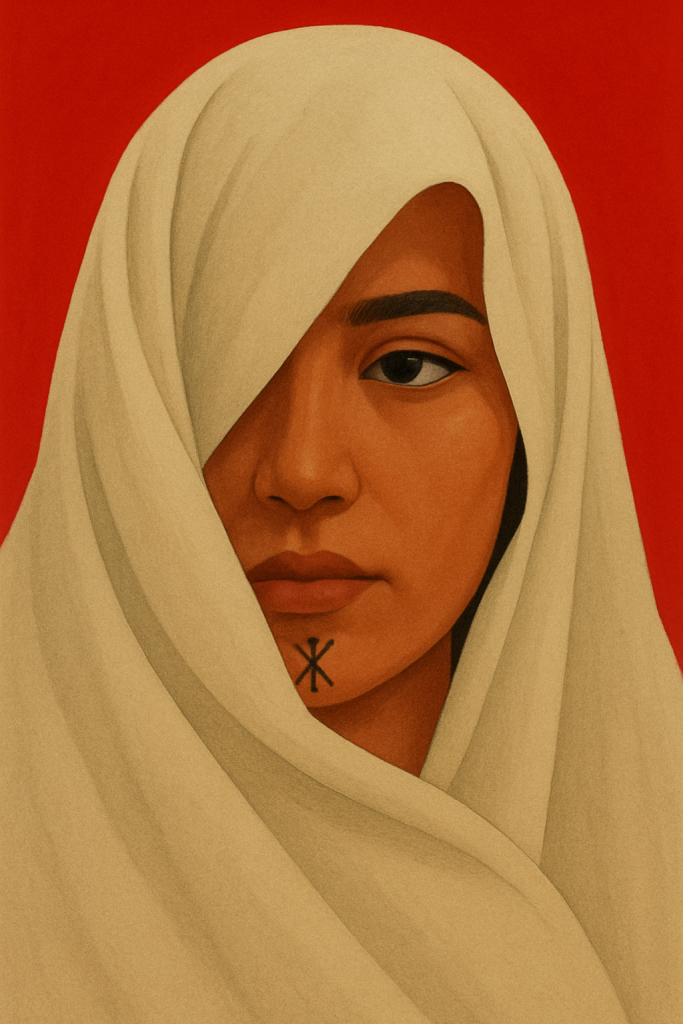A blog post by Isra Mohamed

Libya is at a crossroads. Amid political uncertainty, institutional fragmentation, and growing public frustration, a key question emerges: What could a democratic future look like and who will shape it?
Our project, “Libya 2030– A Shared Vision for Shaping the Future,” is our response to this challenge. It’s a call to strengthen civil society, create new spaces for participation, and most importantly to give young people a voice.
Over the past months, through conversations with activists and community dialogues, one thing has become clear: there is tremendous potential in Libya. What is often missing is trust – in elections, in institutions, and in each other.
But democratic change doesn’t start with a ballot: it starts with dialogue, and with people feeling that they are heard.
That’s why we’re focusing on creative formats such as Design Thinking workshops, where young Libyans from across the country come together to co-create solutions: for better education, inclusive political representation, and greater social justice. What emerges isn’t just innovative ideas – it’s networks, confidence, and solidarity.
Our initiative is supported by ifa/zivik and the German Federal Foreign Office – but it is driven by the people who believe in change. By young writers, artists, teachers, and journalists. And by the Libyan diaspora, which connects the experience of living abroad with the desire to actively contribute to Libya’s future.
Because democracy isn’t something you import, it’s something people build. Through ownership, participation, and collective responsibility.
We are honored to support this journey. Through the magazine, the launch event, and every conversation along the way.
Stay tuned – and get involved. Libya 2030. Because voices matter.

Isra Mohamed
Author
This article was written by Isra Mohamed, founder and Chairwoman of the Libyan German Association and Project Lead of Libya 2030. She holds a Master’s degree in Human Rights and is a political scientist and economist. Her work focuses on human rights in Libya and the MENA region, transnational governance, and civic engagement.
Leave a Reply